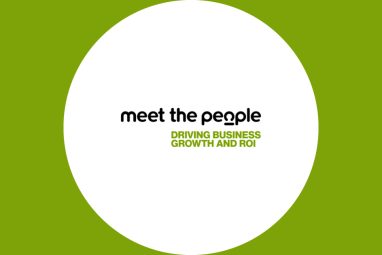UK Government Publishes AI Whitepaper
Artificial intelligence whitepaper outlines UK government’s proposals to regulate the technology, which are based around creating an agile, “pro-innovation” framework The UK government has published a whitepaper outlining its “adaptable” approach to regulate artificial intelligence (AI), which it claims will drive responsible innovation while maintaining public trust in the technology. The whitepaper emphasised the government’s […]
Topics
What to Read Next

Artificial intelligence whitepaper outlines UK government’s proposals to regulate the technology, which are based around creating an agile, “pro-innovation” framework
The UK government has published a whitepaper outlining its “adaptable” approach to regulate artificial intelligence (AI), which it claims will drive responsible innovation while maintaining public trust in the technology.
The whitepaper emphasised the government’s commitment to “unleashing AI’s potential across the economy”, which it said had generated £3.7bn for the UK in 2022 alone.
The whitepaper builds on the government’s national AI strategy, published in September 2021, which outlined its ambition to drive corporate adoption of the technology, boost skills and attract more international investment.
Heralding AI as “one of the five technologies of tomorrow”, the government said in the whitepaper that organisations are currently being held back from using AI to its full potential by a patchwork of legal regimes, which is causing confusion and creating administrative burdens.
However, the government noted that it would avoid introducing “heavy-handed legislation which could stifle innovation”, and instead take a more “adaptable” approach by empowering existing regulators – such as the Health and Safety Executive, Equality and Human Rights Commission and Competition and Markets Authority – to create tailored, context-specific rules that suit the ways AI is being used in the sectors they scrutinise.
The whitepaper also outlines five principles that regulators should consider to facilitate “the safe and innovative use of AI” in their industries. These are safety and security; transparency and explainability; fairness; accountability and governance; and contestability and redress.
It added that over the next 12 months, regulators will be tasked with issuing practical guidance to organisations, as well as other tools and resources such as risk assessment templates, that set out how the five principles should be implemented in their sectors. The government said this could be accompanied by legislation, when parliamentary time allows, to ensure consistency among the regulators.
Science, innovation and technology secretary Michelle Donelan said: “AI has the potential to make Britain a smarter, healthier and happier place to live and work. Artificial intelligence is no longer the stuff of science fiction, and the pace of AI development is staggering, so we need to have rules to make sure it is developed safely. Our new approach is based on strong principles so that people can trust businesses to unleash this technology of tomorrow.”









































































































